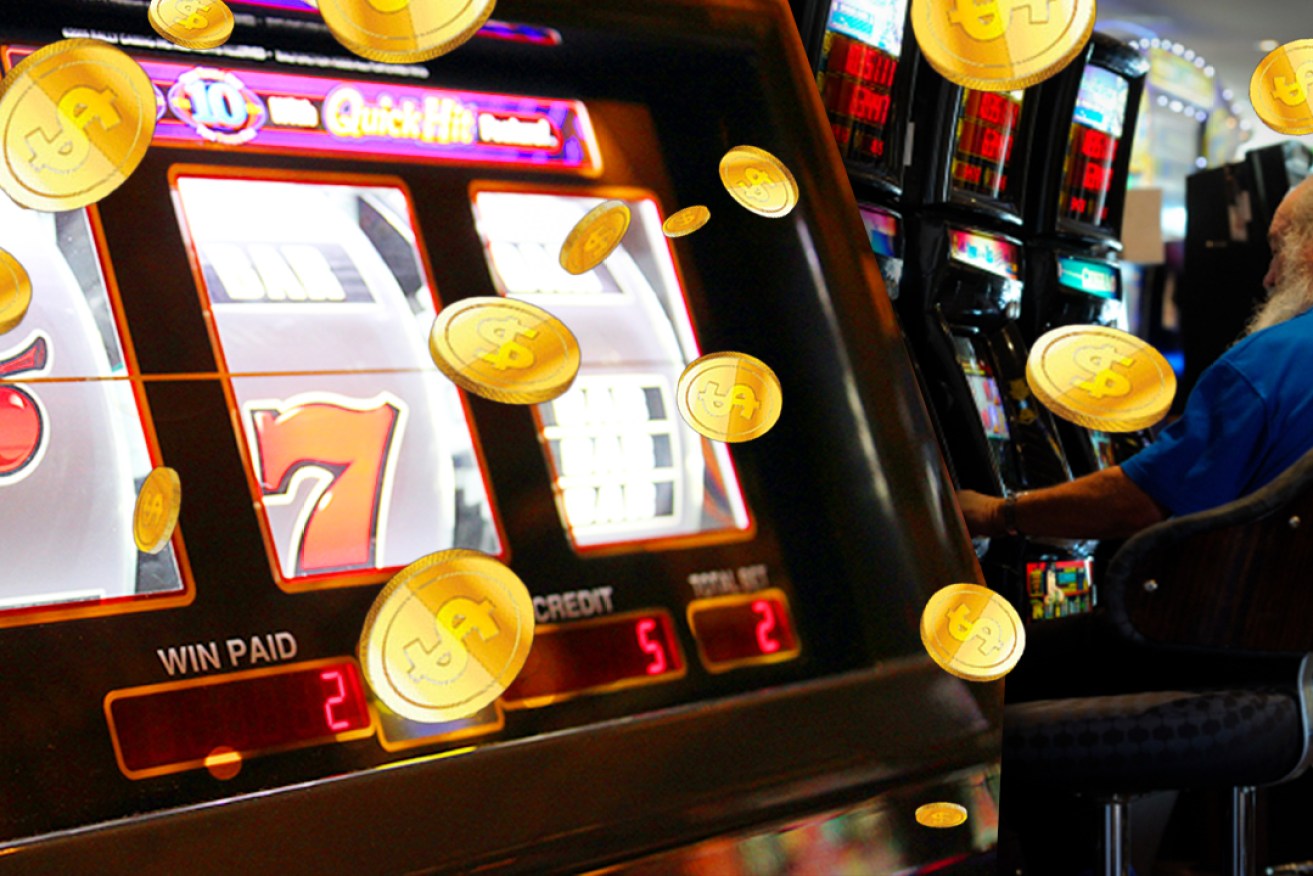Your views: on gaming losses and more
Today, readers comment on pokies-addicted gamblers and government, child imprisonment and rental housing.

Image: Tom Aldahn/InDaily
Commenting on the story: Jackpot: Govt windfall as pokies losses rise
So total revenue from pokies is $860 million a year. That equates to costing $485 a year for every man, women, child, and baby in the state.
But since only a minority of the population plays the pokies (about 100,000 in SA), it is costing them about $8,600 a year or $165 every week of the year.
And these are people least likely to be able to afford it (on welfare, unemployed, lower socio-economic level, etc.). So why do they do it? Are they having fun as the pubs would argue?
No, this activity is driven more by addiction than positive pleasure. If the scientific field of research psychology has anything consistent and reliable to report, it is the knowledge of the effect of intermittent reinforcement. If we get a reward only occasionally and unpredictably when we do some behaviour, we do that behaviour repeatedly for a long time without any reward, and it is very resistant to unlearning (we become addicted).
That consistent and scientifically established fact was communicated to the Bannon government by the South Australian branch of the Australian Psychological Society when they asked for comments on their proposed pokies legislation more than 30 years ago.
We also suggested, from overseas studies, that people most likely to become addicted would have less available cash for this “entertainment”. The subsequent 30 years of experience with the pokies has shown our warnings to have been correct.
In terms of economics it has created a new flow of money in our society from those who are already poorly off, to finance the pubs and the government. A very small amount of that government money filters back to these taxpayers to try to mitigate the devastating financial effects on them. But basically our society is stealing from the poor to pay the better off.
One now one wonders if the government is also addicted to this income, making it difficult for them to find a more equitable source of income. – Leon Lack
Commenting on the opinion piece: SA must stop locking up 10-year-olds
I for one would be proud if the SA government got this done, raising the age of criminal responsibility to 14. And ripe for bipartisan support, surely.
Criminal offending by children is generally nonviolent and more than 50 percent of crimes committed by children between age 10 and 14 are theft, burglary or property related offences. Over 50% of children in juvenile detention are on remand, not having been convicted or sentenced.
Aboriginal children are detained at a rate of 23 times that of non-indigenous children. Studies have shown that the younger the child is when encountering the justice system, the more likely they are to reoffend.
It would bring Australia into line with its obligations under the Convention on the Rights of the Child, particularly article 40 which requires the establishment of a minimum age of criminal responsibility. – David Everett
Commenting on the Notes on Adelaide podcast: Give me shelter
The SA Government has purchased numerous houses for the purposes of constructing the South Rd upgrade.
Many of these have now been vacated, and tall chain link fences are currently being erected around them. Why is DIT not making these houses available to renters now that the construction start date for South Rd has been pushed back?
It is not a long term solution, but buys another year of shelter for some families and more time to solve the emergency. – Stephen Schrapel




